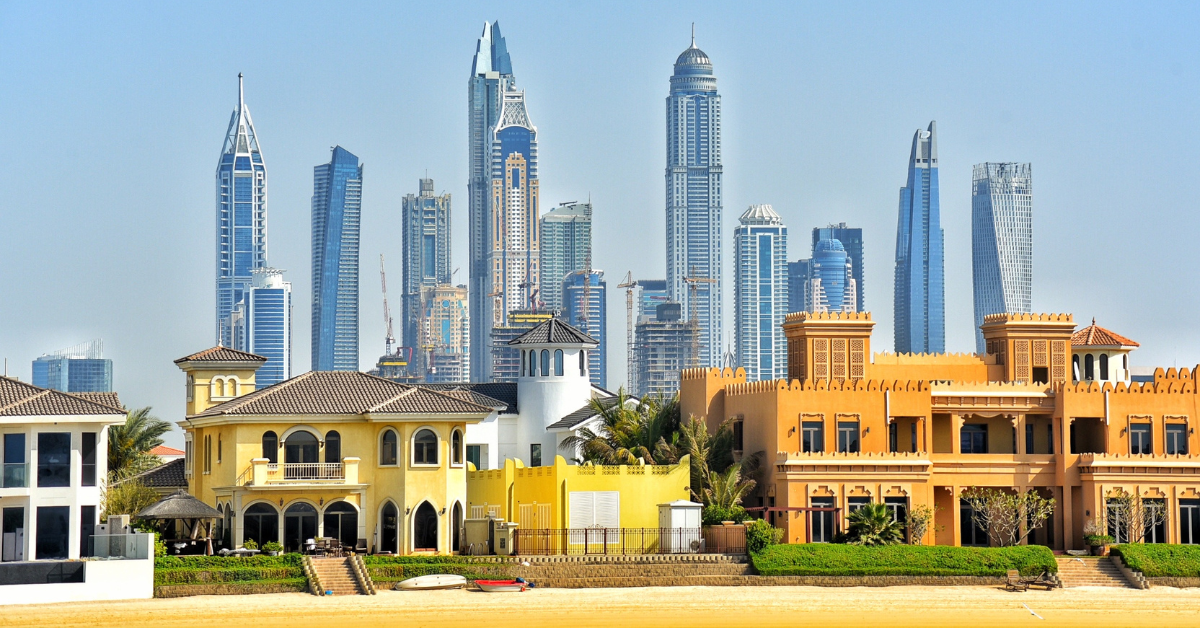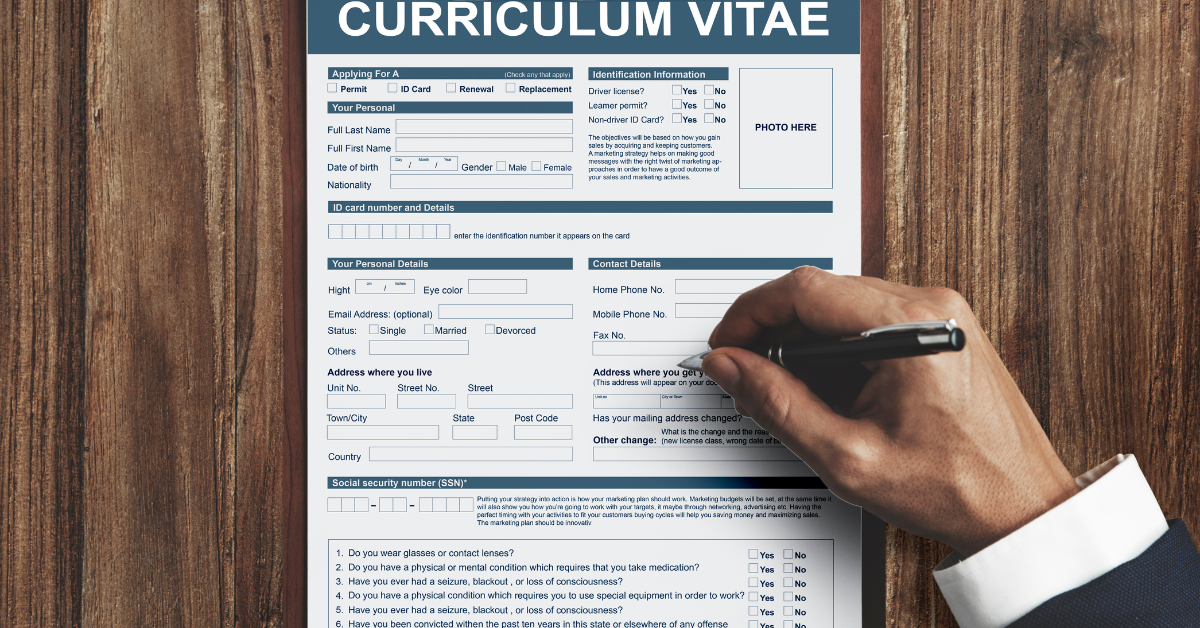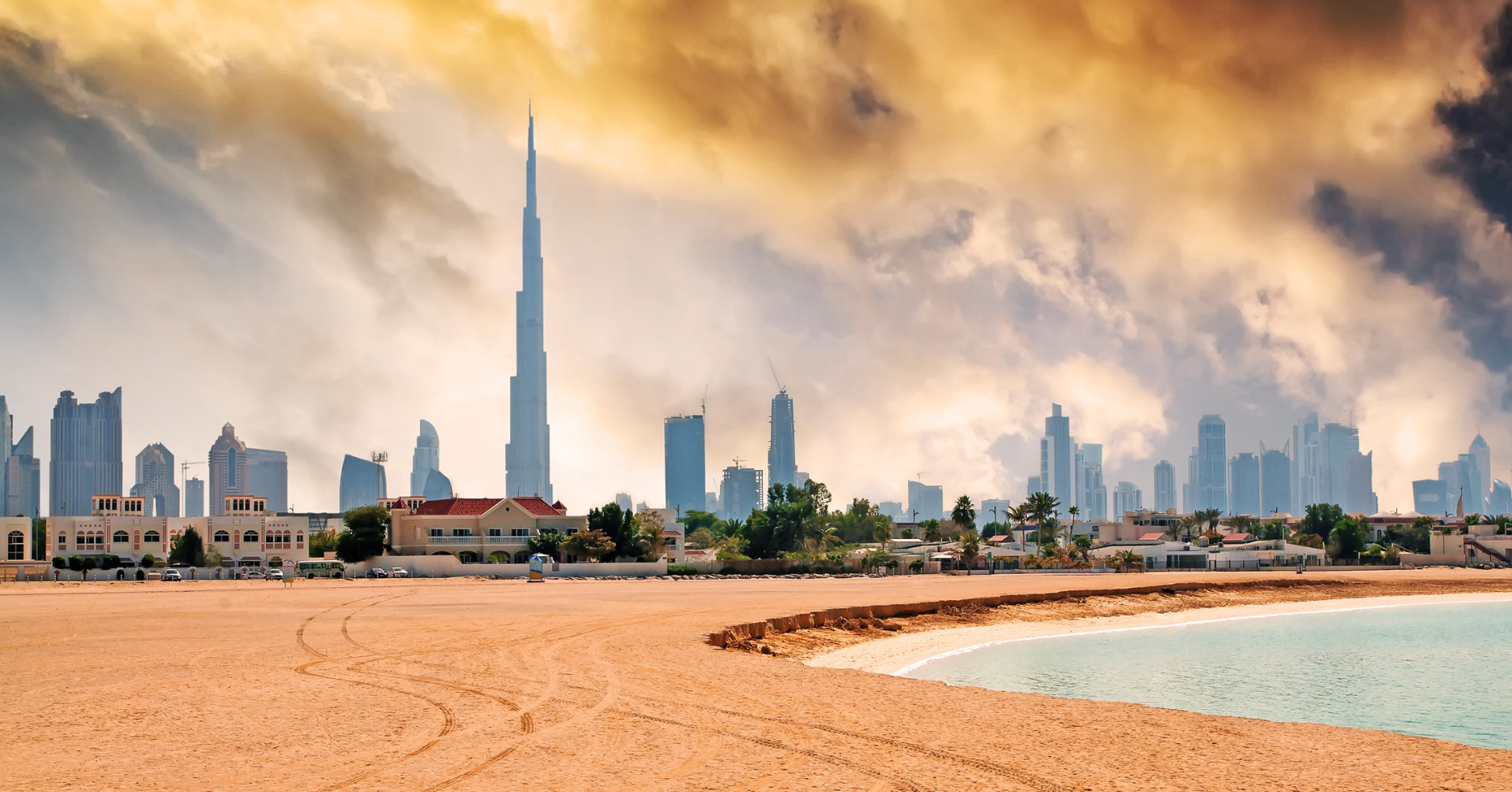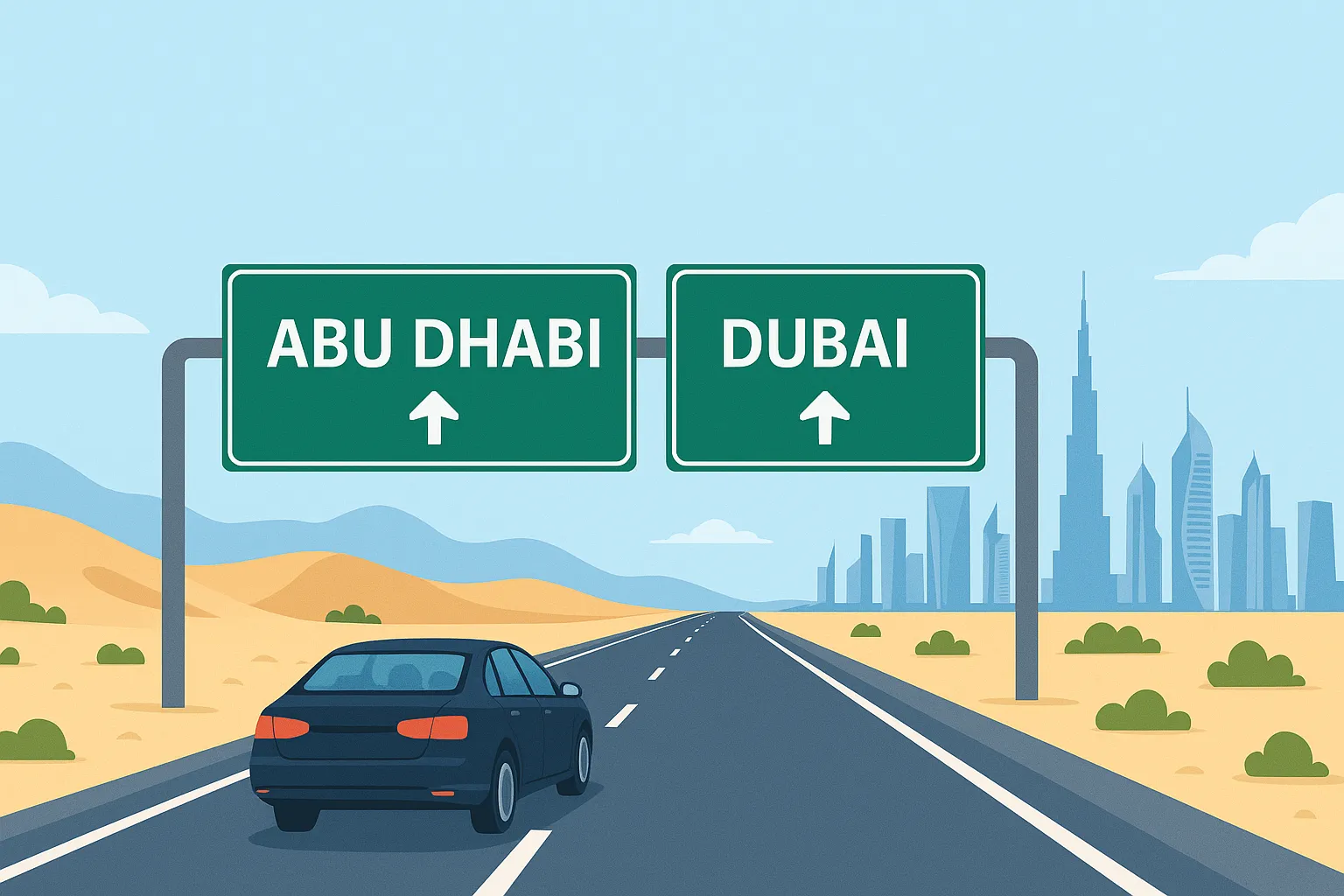Making a CV in the Dubai Style That Stands Out (2025)

Making a Dubai-style CV that gets responses
The work market in Dubai is always changing, competitive, and draws people from all over the world. Your Curriculum Vitae (CV) needs to do more than describe your work experience; it needs to be written in a way that meets local standards. A CV that works in your home country might not work here. Knowing the small differences between a Dubai-style CV and others can greatly improve your chances of getting a response.
This tutorial will give you useful advice on how to format your CV so that you can get a job in Dubai. We will talk about everything from how to include personal information to how to organize your work history so that your job application shines out to recruiters and hiring managers.
How to Read the Dubai CV Format ?
A Dubai-style CV gives a more complete image of the individual than CVs in many Western countries, which frequently value brevity and anonymity. Recruiters in the area want certain information that helps them decide if you are a good fit for the job and the corporate culture. Let’s look at the most important parts.
1. Personal Information: More is Better
This part is one of the key things that sets it apart. In Europe and North America, CVs often say not to include personal information to avoid bias. However, in Dubai, it is common practice and expected.
What to put in:
- Your full name, as it is in your passport.
- Your phone number (with the country code), your professional email address, and a link to your LinkedIn profile should all be on this page.
- Where you are: the city and nation you live in right now. If you’re already in Dubai, please say where you are (for example, Dubai Marina, Dubai).
- Visa Status: This is very important. Clearly say what kind of visa you have right now (for example, a Residence Visa, a Visit Visa, or an Employment Visa with NOC). Employers can use this information to figure out when you are available.
- Date of birth and nationality: These are common pieces of information that are utilized for HR and visa procedures.
- If you have a valid UAE driving license, you should say so, as this is a prerequisite for many jobs.
2. The Picture of a Professional
In Dubai, it’s normal to include a picture on your CV. The most important thing is that it looks professional. A casual selfie or a picture from a social event that has been cut out won’t work.
Rules for taking pictures:
- Headshot: A clean picture of your head and shoulders from the front.
- Dress for work: Wear a suit, jacket, or smart shirt.
- Background: Use a plain, light-colored background.
- Smile: A cheerful but professional look is desirable.
You may use it as your LinkedIn profile picture or a company ID badge. Putting it in the top corner of your CV makes it more personal and easier to remember right away.
3. Professional Summary: Your Elevator Pitch
Instead of an objective statement, start your CV with a strong professional summary. This part, which goes below your personal information, should be a 3-4 phrase statement that sums up your career.
What to pay attention to:
- Your job title and how long you’ve been doing it (for example, “A Marketing Manager with over 8 years of experience who gets results…”).
- Your top 2–3 skills and areas of expertise.
- A big accomplishment that shows how valuable you are.
- What do you want to do with your career, or what do you want in your next job?
This summary is your first chance to get the recruiter’s attention and get them to keep reading.
How to Organize the Main Part of Your CV
The body of your CV should clearly and successfully show off your talents, experience, and education now that the first parts are done. A tidy, reverse-chronological format is best.
4. Important Skills and Abilities
Put a separate section for your essential skills before you start talking about your employment history. This makes it simple for recruiters to see what you can do quickly. It also helps your CV get through Applicant Tracking Systems (ATS), which look for certain words.
Make this part easier to read by using subheadings.
- Technical Skills: List the software, programming languages, or specialized tools you know how to use well, such as Salesforce, SAP, Adobe Creative Suite, or Python.
- Soft skills include things like being able to lead, talk to people, manage projects, and solve problems.
- Languages: Write down the languages you speak and how well you speak each one (for example, “English: Fluent” or “Arabic: Basic”).
5. Work Experience: Talk about what you’ve done well.
This is the most important aspect of your job application in Dubai. Put your work history in reverse chronological order, with the most recent job first. For each position, please write down your job title, the name of the company, where it is located, and the dates you worked there.
But don’t just write down what you do. Think about what you’ve done. Use bullet points, and make sure each one starts with a powerful verb. Whenever you can, use numbers to show how well you’ve done.
This is what it should look like:
- In charge of running campaigns on social media.
This is what you should write:
- In six months, I managed and ran more than 15 social media campaigns that got 40% more people to interact with my posts and 25% more quality prospects.
This method shows the effect you had in your past jobs, not just the work you did.
6. Schooling and Certifications
Your education is also crucial. Put your degrees in order from most recent to oldest. Please include the name of the degree, the university, and the year you graduated.
After your formal schooling, include a section for any professional qualifications you have. Any relevant certifications, like PMP, CFA, or Google Analytics Certified, can make your application much stronger and show that you are committed to improving your skills.
Last touches for a successful Dubai CV
A few last checks can make a big difference.
- Keyword Optimization: Read the job description for the position you want to apply for very carefully. Find the most important talents and requirements and make sure these keywords are organically used in your CV, especially in the skills and summary sections.
- Length and Formatting: Make sure the formatting is clear, professional, and easy to read. Use a font that is easy to read, such as Arial, Calibri, or Times New Roman. Your CV should be no longer than two pages.
- Check your work carefully: typos and grammar mistakes are unprofessional and could get you turned down right away. Read your CV several times and think about having someone else look it over.
- Save your CV as a PDF file and send it. This keeps the formatting and looks more professional than a Word file. Clearly name the file, such as “FirstName-LastName-CV.pdf.”
When producing a CV for the Dubai market, you need to be careful and make sure it meets local standards. Make a personalized, complete document that is much more likely to get the responses you desire by including the correct personal information, a professional photo, and experience that shows off your accomplishments.









